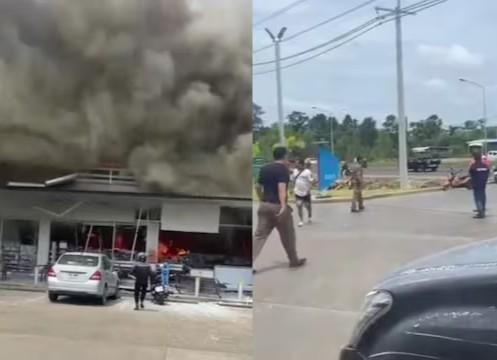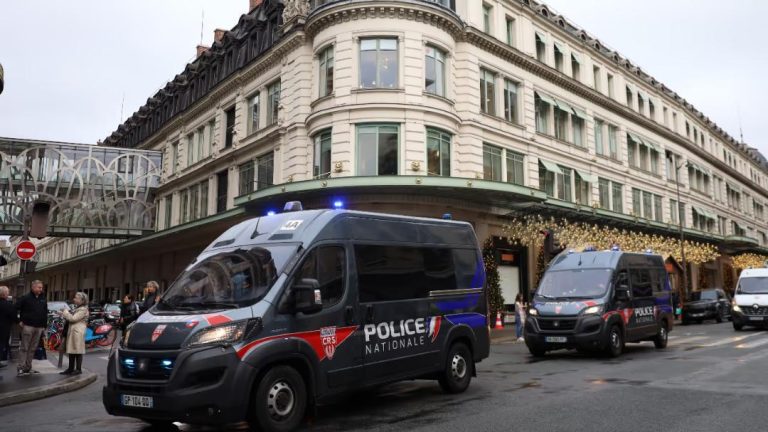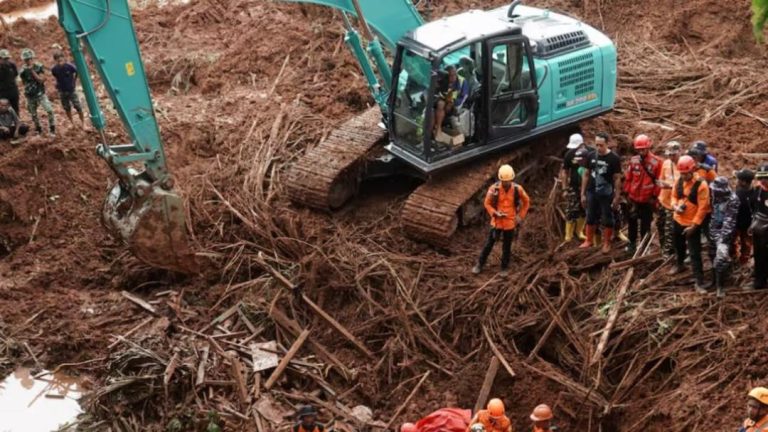
Hope Thailand & Cambodia will take measures for a cessation of hostilities: India
Tensions have been running high on the border between Thailand and Cambodia, with both countries engaged in a series of clashes that have left several people injured and property damaged. The international community has been watching the situation with growing concern, and now India has weighed in with a call for both sides to de-escalate the situation and prevent further violence.
In a statement, the Ministry of External Affairs (MEA) spokesperson Randhir Jaiswal said that India was “closely monitoring the situation” between the two countries and urged both sides to take measures to bring an end to the hostilities. “India has close and friendly relations with both countries and hopes that both sides will take measures for a cessation of hostilities and prevention of further escalation,” Jaiswal said.
This is not the first time that India has expressed concerns about the situation between Thailand and Cambodia. In recent years, the two countries have had several disputes over issues such as border demarcation, territorial claims, and resource management. While these disputes have often been resolved through diplomatic means, the current tensions are more serious and have the potential to escalate into a full-blown conflict.
So, what is driving the current tensions between Thailand and Cambodia? The roots of the problem can be traced back to the end of the Cold War, when the two countries had a complex and often contentious relationship. Cambodia, which was devastated by the Khmer Rouge regime in the 1970s, had close ties with the Soviet Union, while Thailand was a key ally of the United States.
With the collapse of the Soviet Union, Cambodia’s ties with the West began to strengthen, while Thailand’s relationships with the US and other Western countries remained strong. This led to a power struggle between the two countries, with Cambodia seeking to assert its independence and sovereignty, while Thailand sought to maintain its influence in the region.
In recent years, the situation has become even more complicated, with the rise of nationalist sentiments in both countries. In Thailand, there has been growing discontent among the public over the government’s handling of border issues, while in Cambodia, there has been increasing support for the government’s efforts to assert its territorial claims.
The current tensions between Thailand and Cambodia began to escalate in late 2019, after a series of clashes between the two countries over disputed territory in the Preah Vihear temple area. Since then, the situation has only become more volatile, with both sides exchanging blame and accusations over the violence.
Despite the seriousness of the situation, there are some signs that both sides are willing to engage in dialogue to resolve the dispute. In recent weeks, there have been reports of high-level talks between the two countries, with both sides expressing a desire to find a peaceful solution to the crisis.
India, which has traditionally maintained good relations with both countries, has been playing a diplomatic role in the region, urging both sides to exercise restraint and engage in constructive dialogue. The Indian government has also been working to strengthen its ties with both Thailand and Cambodia, seeing the region as an important part of its strategic interests.
In conclusion, the situation between Thailand and Cambodia is complex and sensitive, with both sides holding strong nationalist sentiments and a deep-seated desire to assert their territorial claims. While the current tensions are worrying, there are also signs that both sides are willing to engage in dialogue to resolve the dispute. India, which has a long history of friendly relations with both countries, has urged both sides to take measures to de-escalate the situation and prevent further violence.
As the situation continues to unfold, it is essential that both sides remain committed to finding a peaceful solution to the crisis. The international community, including India, will be closely monitoring the situation and providing support to both sides as needed.






